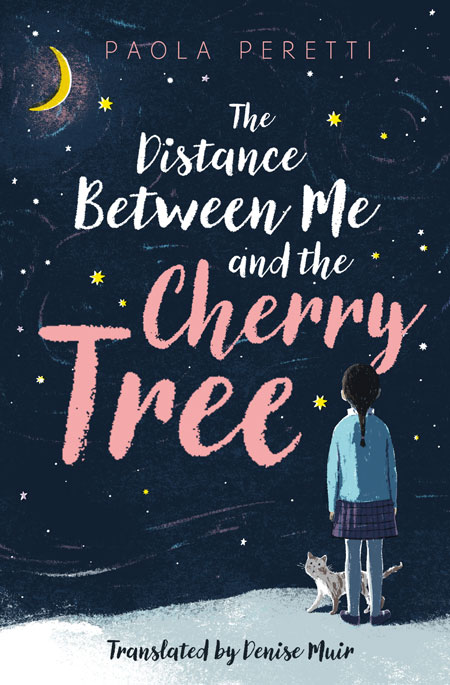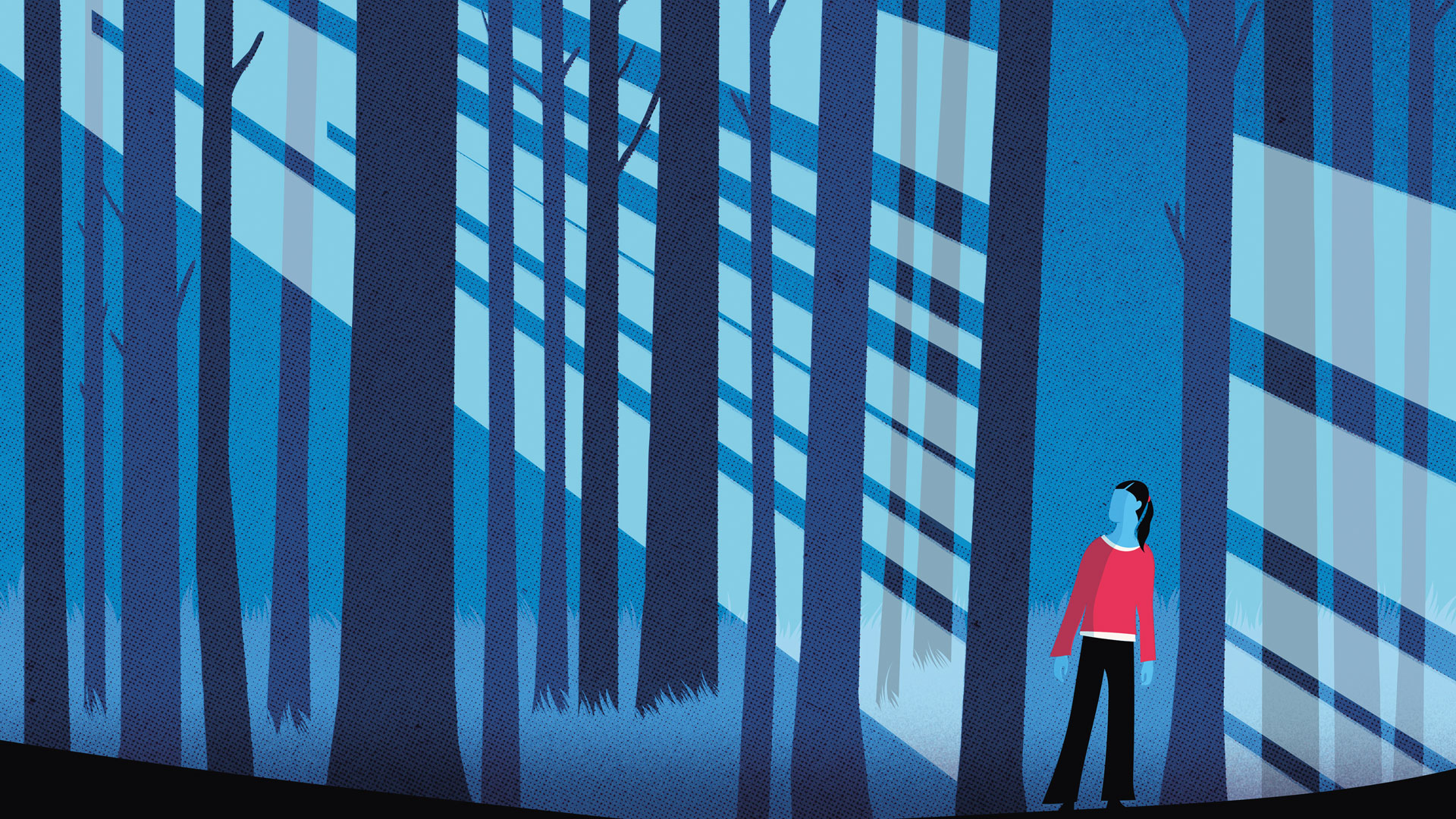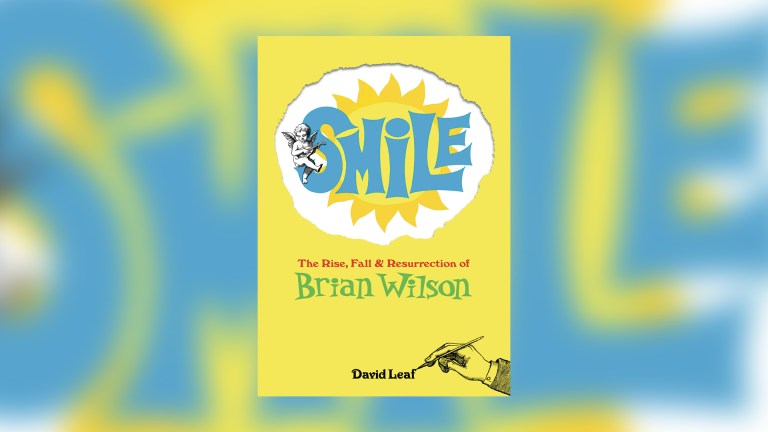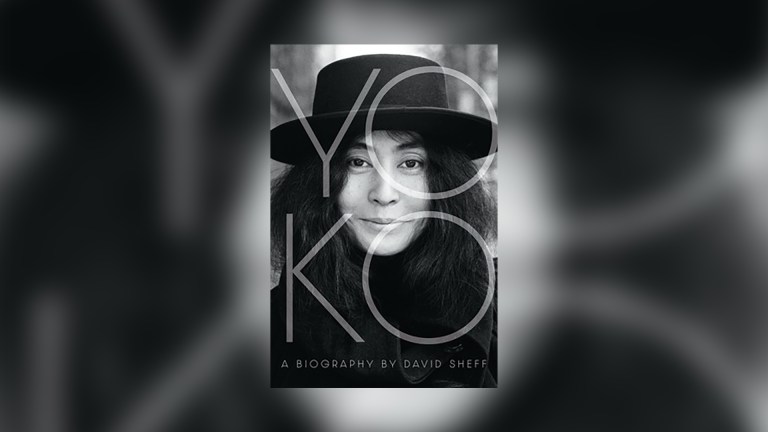I’ve always been a writer, but there’s something else particular about me; a rare disease that keeps me from seeing as most people do. This is the cold, hard truth. With my brown, rather ordinary, eyes I see a lot less, and a lot worse, than others.
Only recently did I realise that, more than a loss, it means a change in perspective. A young person thinks they own the future; they don’t know that, sooner or later, we all have to cross the line that marks the separation between before and after. While we’re still in the “before zone”, it’s probably better not to worry about it too much. Even so, the one thing we can do is to live in the here and now and not take the present for granted. We can have discounts on last season’s clothes, but there are no second chances when it comes to our feelings or our actions, nor to our children, our health or to love.
Sustaining an injury, making a mistake, having an accident, falling ill and failing at something are all associated with the harmful idea of loss. Indeed, I spent many years feeling sorry for myself about what had befallen me.
But crises force you to face reality. No one ever said crises would be pleasant, or that life would always be kind to us. Since crises tend to be unavoidable, I think we may as well learn to love them. It’s the only way not to end up in a dead end – the only way to understand, to grow, to keep moving forward in the mist, where thoughts and plans are constantly in flux, changing form, giving us a glimpse of a new and different, undefined beauty.

In this new world, everything must be reinvented through different eyes, with an imagination set free. As my sight continued to fail, I enjoyed showing people the pictures I could see in my head using my hands and the non-stop clickety-click of my fingers on the computer keyboard. This led to the creation of the story about Mafalda, a nine-year-old girl who’s going blind. As the darkness gradually descends upon her, her reaction is to hide away in the school cherry tree.
It takes a great leap of faith to accept that beauty can be imperfect. And sometimes we need to make that leap, just as Mafalda does in my book. We may hurt ourselves in the jump, but we may be surprised by what comes after. If we learn to love our traumas, our losses, we can draw strength from them, accept that there can always be different options, something other than all that we’re used to, and that something of beauty may result. That ‘something’ may be fluid to begin with, a little blurred around the edges, and also a little weird, but no more so than any other new thing we are not familiar with.










